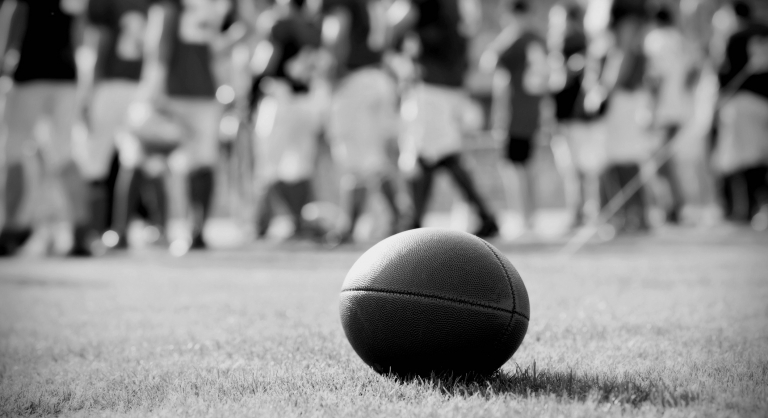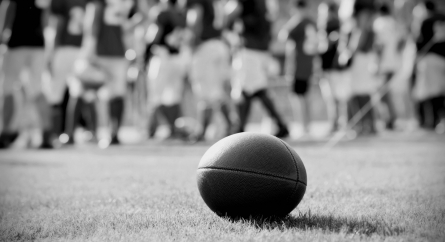Student-Athletes: Who is Responsible for the Long-Term Effects of Their Playing Days?
Questions surrounding the safety of football as a sport are nothing new. In particular, the long-term effects of violent hits and repeated blows to the head have sparked rule changes, stricter enforcement of concussion protocols, and substantial settlements. Until recently, however, no case involving football and chronic traumatic encephalopathy (“CTE”) made it to trial. That changed last month when the widow of a former Division I college football player took the National Collegiate Athletic Association (“NCAA”) to trial, arguing that the NCAA was legally responsible for the death of her husband.
Greg Ploetz (“Ploetz”) was a linebacker and defensive tackle for the University of Texas. After graduating in 1972, he earned a Master of Fine Arts degree and became an art teacher. The lawsuit alleged that Ploetz endured serious health problems throughout most of his adult life, including depression, memory loss, confusion, erratic behavior, and difficulty communicating. He allegedly “became apathetic, disinhibited, exhibited compulsive behaviors, and his personal hygiene began to decline. He experienced paranoia and confusion, was psychiatrically hospitalized, and was in and out of respite homes due to aggressive behaviors. During his time in the respite homes, he was prescribed an array of medications that resulted in gait and motor problems…[H]e could only respond to yes or no questions and was functionally dependent.” Due to his deteriorating health, Ploetz stopped teaching in 2009; he passed away in 2015.
After his death, neurologists concluded that his brain showed the “hallmark signifiers” of CTE, the damage so extensive as to be classified as Stage 4 CTE, the most severe classification.
Ploetz’s widow filed suit, claiming, among other things, that the NCAA knew or should have known about the relationship between concussive and sub-concussive blows to the head and long-term neurological problems, that the NCAA failed to protect or even minimize the risk of injury to Ploetz, and that the NCAA made no real effort to educate Ploetz and other players about the short-term and long-term health risks of concussions and head trauma or about the danger of returning to play before a head injury had fully healed.
For its part, the NCAA contended that Ploetz assumed the risks inherent in participation in intercollegiate athletics. The NCAA also claimed that it owed no legal duty to Ploetz, likely relying on an argument that it merely oversees some aspects of intercollegiate athletics, and has no duty to individual student athletes.
On day three of trial, the parties reached an undisclosed settlement. While the trial had not concluded, some key witnesses had already testified, including the NCAA’s chief medical officer, Brian Hainline, who acknowledged a link between football and degenerative brain disorders like CTE. The settlement, however, means that NCAA representatives did not have to answer questions about the NCAA’s knowledge of the long-term effects of repeated head trauma. Nor do we know how key defense theories, including assumption of risk, would have fared.
Ploetz v. NCAA had precedent-setting potential, and was a closely-watched case. The settlement leaves many open questions for players, teams, schools, and leagues.
Client Tip: Where NCAA member institutions abide by NCAA rules for intercollegiate athletics, individual schools are hard-pressed to institute rule-changes that improve athlete safety. Schools can and should, however, educate their student-athletes about health and safety and be sure to implement (and follow) strict concussion and injury protocols.
Categorized: NCAA
Tagged In: chronic traumatic encephalopathy, CTE, intercollegiate athletics, National Collegiate Athletic Association, NCAA, Ploetz v. NCAA, University of Texas









